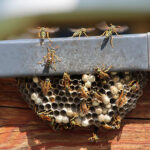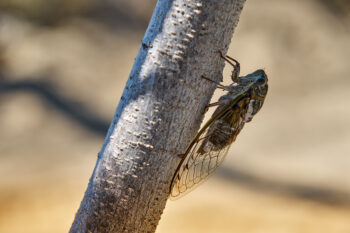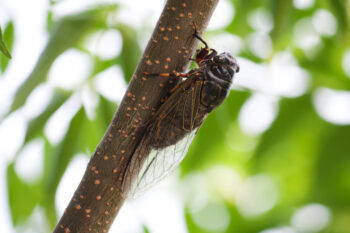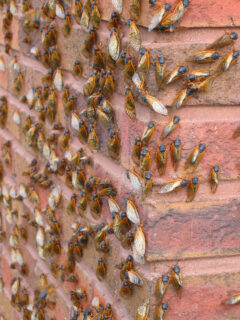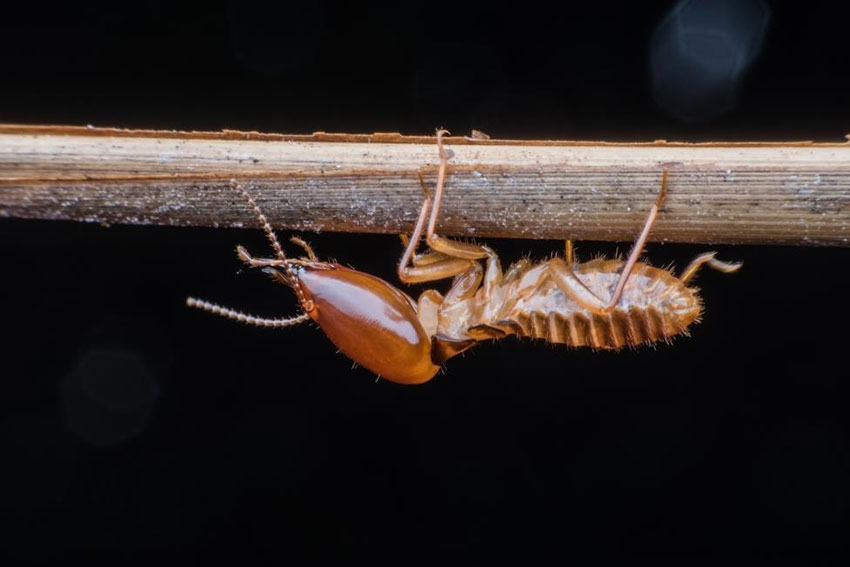
They’re not very attractive insects. Their reputation for property damage keeps them on everyone’s list of most dreaded pests. Here in McDonough, GA, termites are recognized as a serious threat to homes and businesses, but the bugs play an important role in our state’s ecosystem. The termite is actually good for the environment.
They’re Excellent Soil Engineers
When you enjoy the natural beauty of Marshall Forest, you probably don’t notice termite mounds. The structures serve as vertical doorways to colonies housing hundreds of thousands of insects. They’re often surrounded by an abundance of healthy plants because they keep the underlying soil moist.
Every termite mound represents miles of burrows under the forest floor. The tunnels aerate countless acres and serve as a subterranean irrigation system. A thriving termite nest in our great outdoors helps control storm runoff and minimizes erosion. Termite soil engineering makes a positive difference in the wild.
They’re Very Efficient Decomposers
Termites feed on the cellulose in dead trees and plants. The organic fiber serves as a colony’s main nutritional source, but the bugs also invade diseased trees. Their feeding processes help clear the surrounding environment by decomposing decayed vegetation.
As the insects dispose of plant clutter on the forest floor, they recycle vital nutrients back into the surrounding ecosystem. Termite foraging also improves oxygen flow around the base of healthy plants and trees. From Panola Mountain down to Reed Bingham, our state parks benefit from termites in the wild.
They’re Springtime Opportunists
A termite swarm naturally follows the path of least resistance. Springtime swarms across your property can quickly move in unnoticed. The same termite burrowing that aerates forest floors undermines building foundations. Termite invasions chew up wood siding, ruin wood framing, and damage buried phone and power cables.
The tiny insects weigh in with impressive statistics. Less than five percent of 2,500 termite species cause the most destruction. Across the country, professional termite control services help more than 600,000 homeowners deal with infestations and damages every year.
We’re Here to Help
While we respect the bug’s role in our ecosystem, we don’t plan on organizing termite fan clubs. The insect has its place in the wild, but it doesn’t have a place on your property. If you’re concerned about a possible infestation, give us a call here at Bug Out. We’re always ready to help with free estimates and expert termite control for McDonough, GA homes and businesses.


